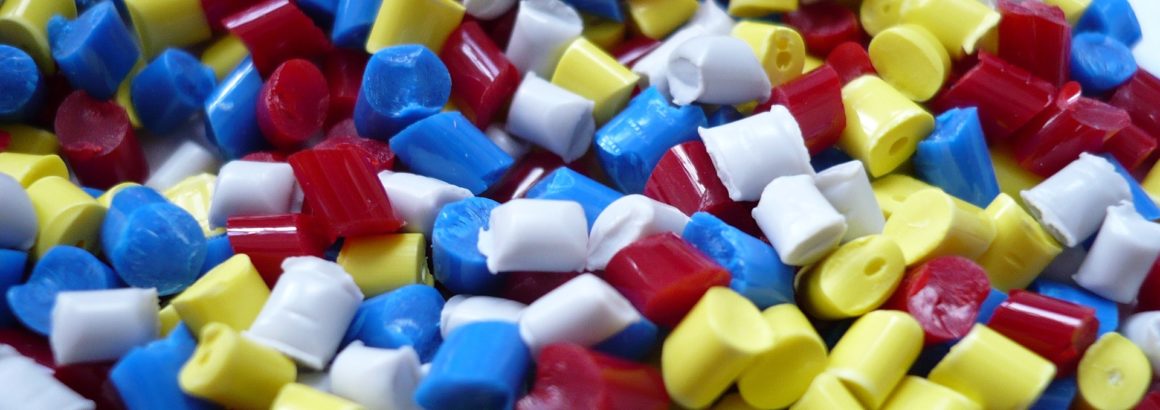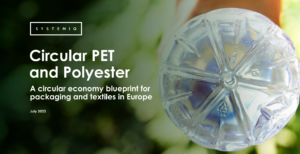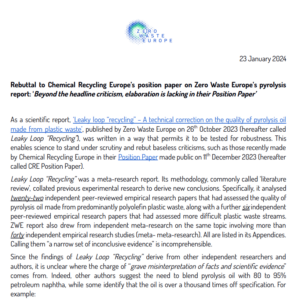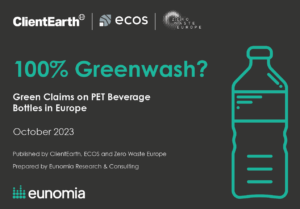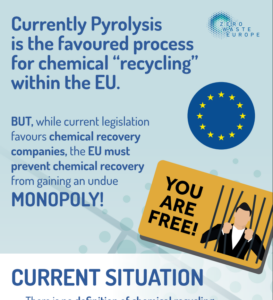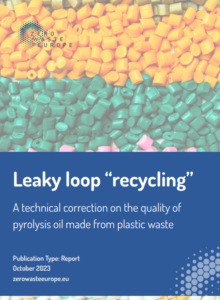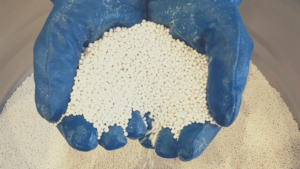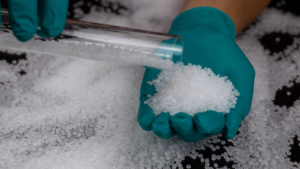Focusing on long-term solutions rather than technologies with unclear impact
Chemical Recycling
The Chemical Recycling hype should not divert attention from the real solution to plastic pollution which is replacing single-use plastics, detoxifying and simplifying new plastics, and designing business models to make efficient use of plastics.” – Joan Marc Simon, Director-Founder at Zero Waste Europe
However, as detailed in our Chemical Recycling report, the realities are much less optimistic. Our report warns against placing too much faith in chemical recycling noting that the technology is still young, under-analysed and requires much further understanding of associated environmental impacts.
Zero Waste Europe is engaging with many stakeholders to better understand the impacts of this new industrial “fix”, and warning against unnecessary distraction from a circular economy and zero waste approach to waste management.
Our cross-regional work on Chemical Recycling
Even though the production of fuels is not considered “recycling” by the European Union, other global regions still struggle with the impact of this false solution.
Besides its EU-centric work on Plastics-to-Plastics Chemical Recycling, Zero Waste Europe continuously works with the Global Alliance for Incineration Alternatives (GAIA) and other like-minded organisations on the harmful effects and consequences of the production of fuels. The following video – produced by GAIA, Zero Waste Europe, and Changing Markets Foundation – summarises some of the main adverse effects that the industry is currently downplaying – both regarding the production of fuel and Plastics-to-Plastics processes.
